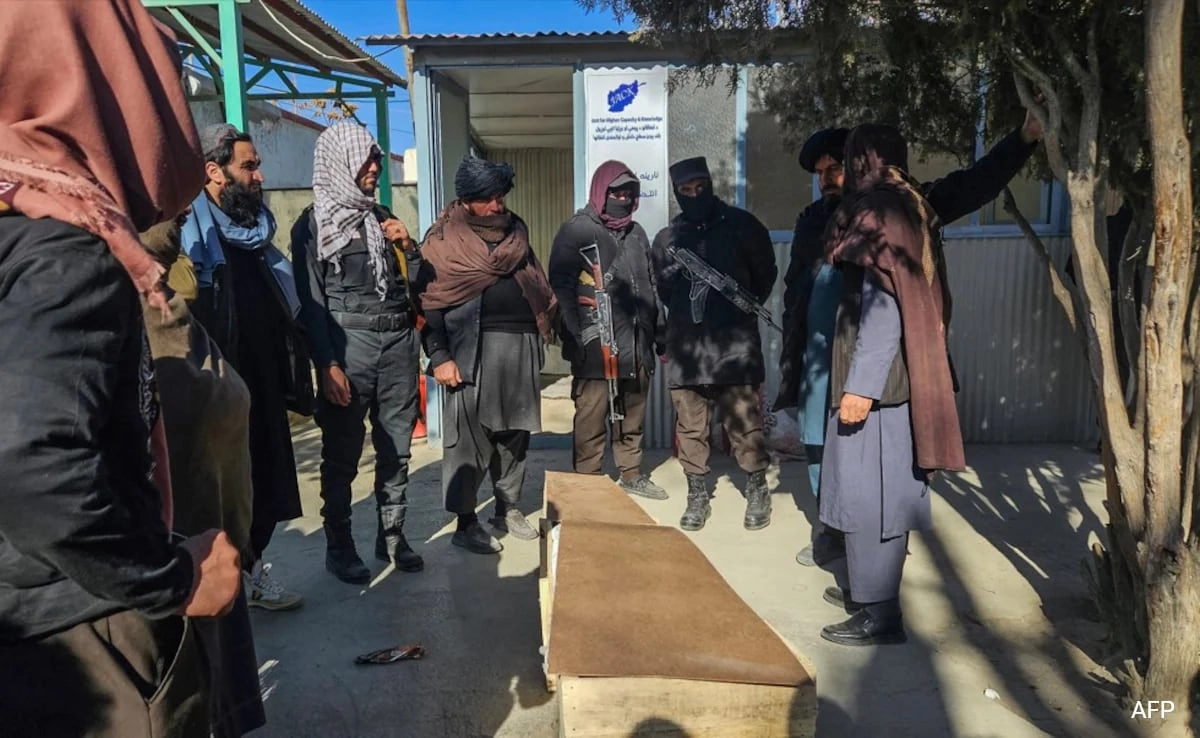In a move that underscores the ongoing tension between modern technology and traditional values, the Taliban has imposed a ban on Wi-Fi services in certain provinces of Afghanistan. This decision is framed within the group’s broader agenda to uphold what they perceive as moral standards in society. The Taliban’s leadership has expressed concerns that unrestricted internet access can lead to the dissemination of content deemed immoral or contrary to their interpretation of Islamic principles. By restricting Wi-Fi, they aim to control the flow of information and limit exposure to influences they consider harmful to Afghan culture and Islamic values.
The implications of this ban are significant, affecting not only personal freedoms but also the broader socio-economic landscape. In an age where connectivity is crucial for education, commerce, and communication, limiting access to Wi-Fi can hinder progress and development. Many Afghans have come to rely on the internet for various aspects of daily life, from accessing educational resources to conducting business. The Taliban’s restrictions may exacerbate existing challenges, particularly for women and youth, who often benefit the most from online resources and opportunities for empowerment.
Moreover, this ban reflects a broader trend observed in regions governed by strict interpretations of Islamic law, where authorities seek to impose limitations on technology in the name of morality. Critics argue that such measures are counterproductive, stifling innovation and creativity while pushing individuals towards alternative, potentially more dangerous avenues for accessing information. As Afghanistan grapples with the consequences of such policies, it remains to be seen how these restrictions will shape the future of the nation, particularly in terms of its integration into the global community and technological advancement.
Ultimately, the Taliban’s decision to ban Wi-Fi serves as a stark reminder of the ongoing struggle between traditionalist forces and the forces of modernization. As the world increasingly embraces connectivity and digital engagement, Afghanistan finds itself at a crossroads. The challenges posed by this ban may lead to greater isolation for the country, both culturally and economically, as it seeks to navigate the complexities of modern life while adhering to its stringent ideological framework. The long-term impact of such policies will undoubtedly be felt across various sectors and demographics, shaping the future of Afghanistan in profound ways.




